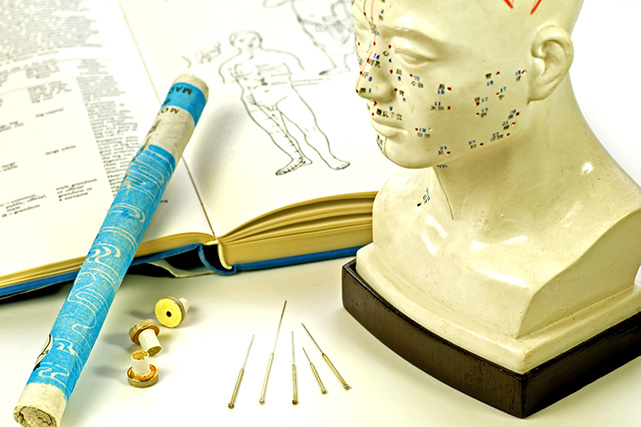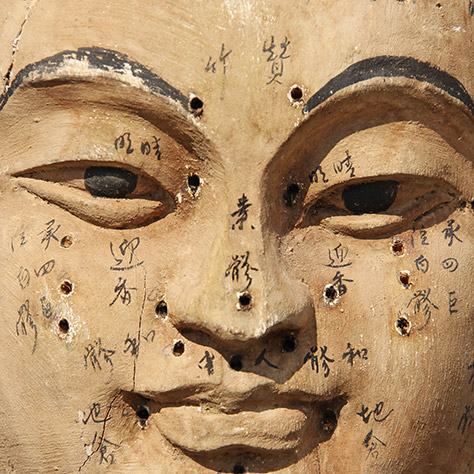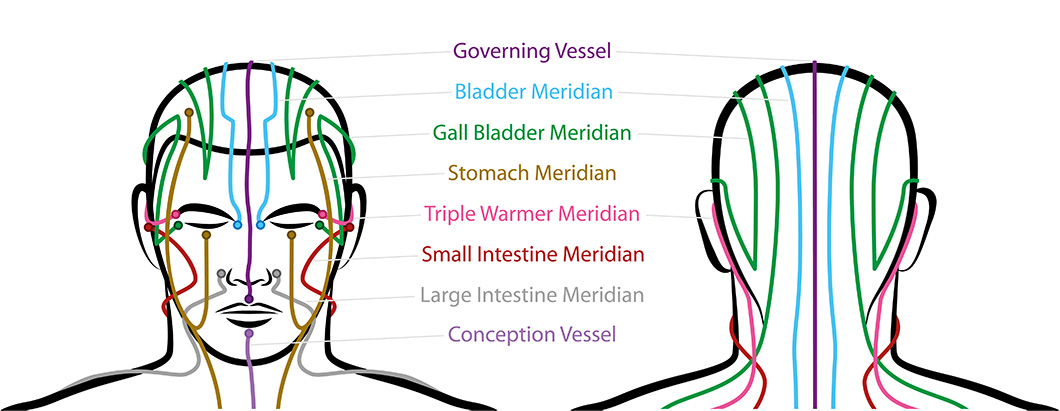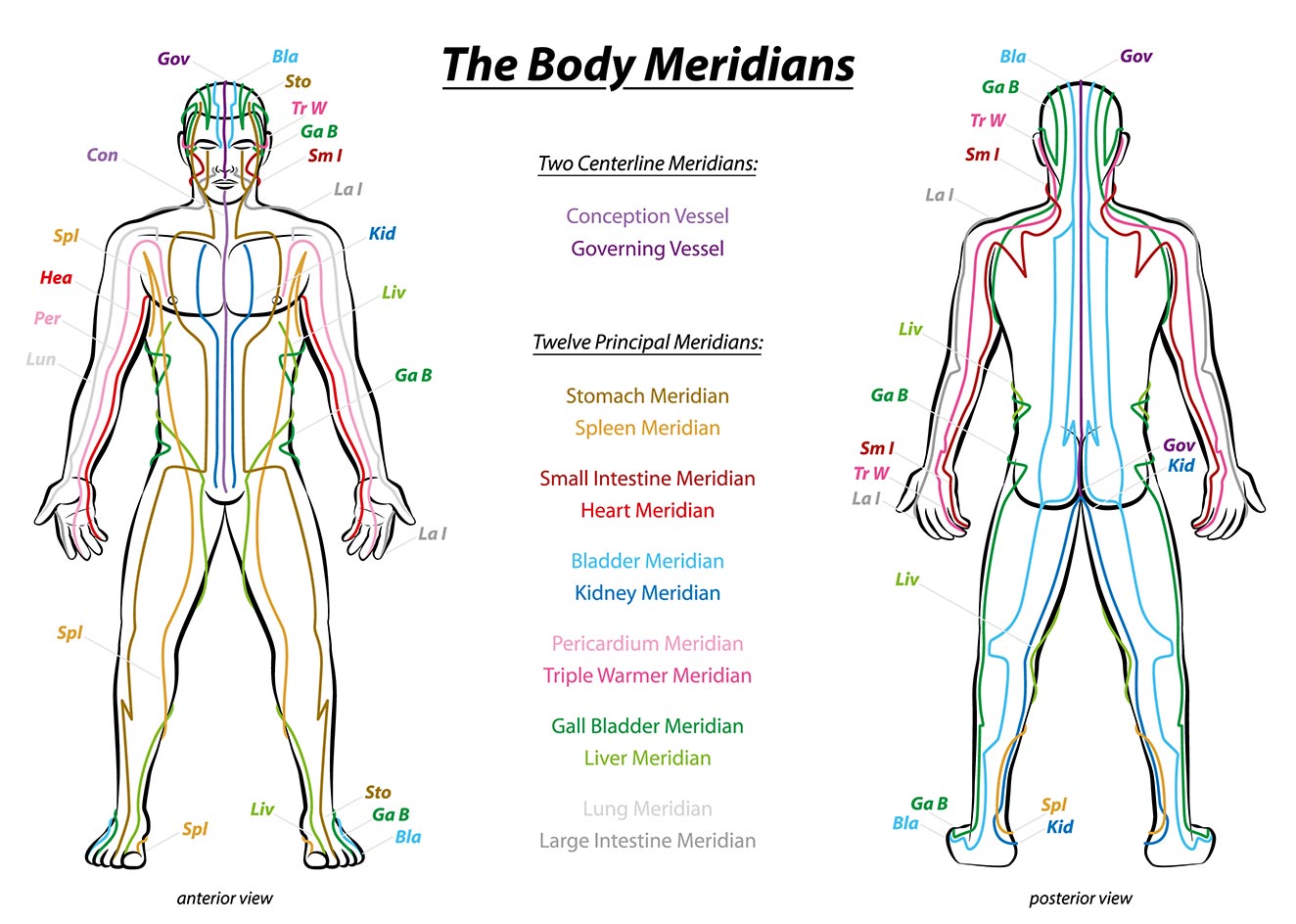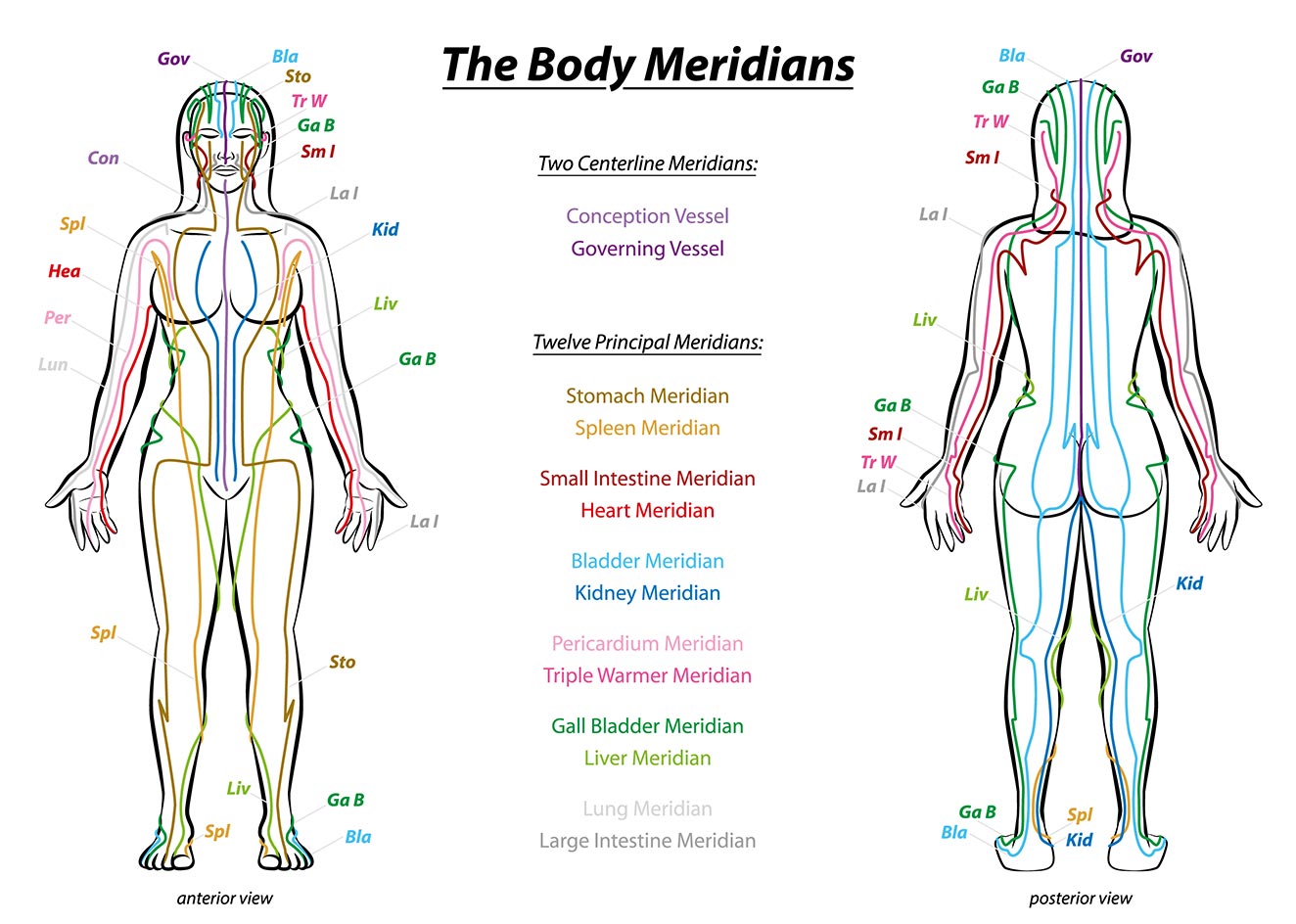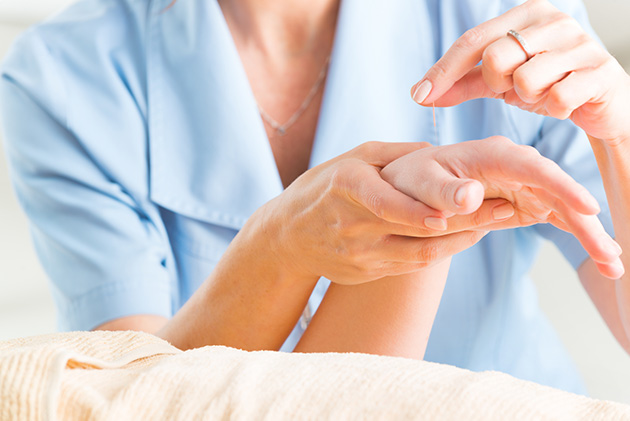Acupuncture
Carlos Durana Has Been Providing Acupuncture Therapy Since the 80s
Dr. Durana, Ph.D., M.Ac., Dipl.Ac. (NCCAOM) offers a caring, holistic and integrative approach to prevention, health care and the treatment of a broad range of conditions. His approach to acupuncture treatment is also practical, efficient and cost effective. Dr. Durana tailors the acupuncture treatment to fit you as an individual. As an experienced and licensed acupuncturist, Dr. Durana has optimized his acupuncture treatment and procedure to successfully assisting clients to relieve any stress, pain, aching, and more.
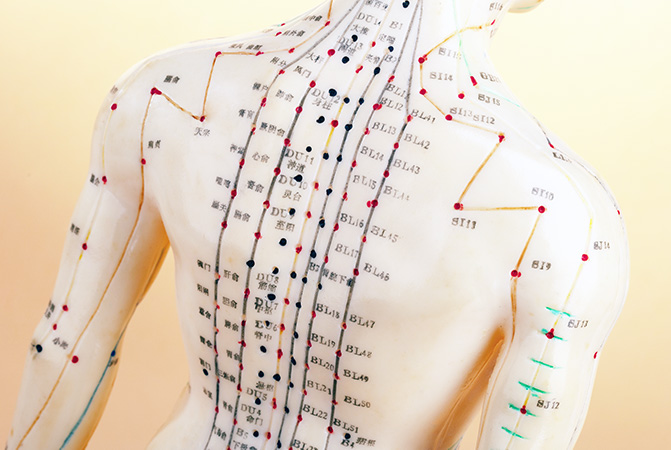
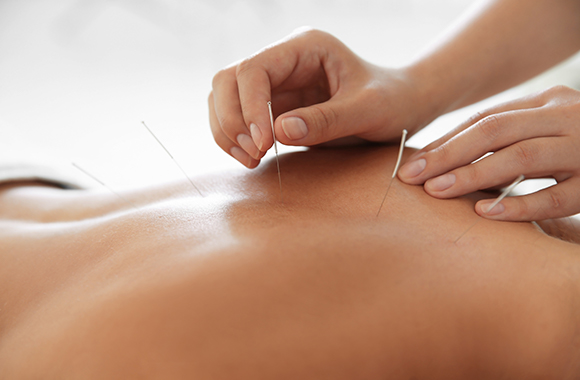
Traditional Chinese Acupuncture
Traditional Chinese Acupuncture is a technique of inserting and manipulating slender filiform needles into specific sites on the body to relieve pain and to treat a wide range of conditions. Traditional Chinese Acupuncture treatments are carried out by gently inserting very thin, flexible needles, no thicker than two or three strands of hair into specific points on the body. Most acupuncture points lie about one-fourth to one inch beneath the skin. During the traditional Chinese acupuncture procedure, when the point is contacted, there is a slight, momentary sensation, but if one misses the point, there is no sensation. After insertion, the needles are manipulated and taken out, or left twenty to forty-five minutes, depending on the effect desired. Heat may be applied to acupuncture points with moxa, a cream made from the herb Artemisia vulgaris latiflora.
Historic Use of Acupuncture
Acupuncture Treatments in Reston, VA, Bethesda, MD, and Washington D.C.
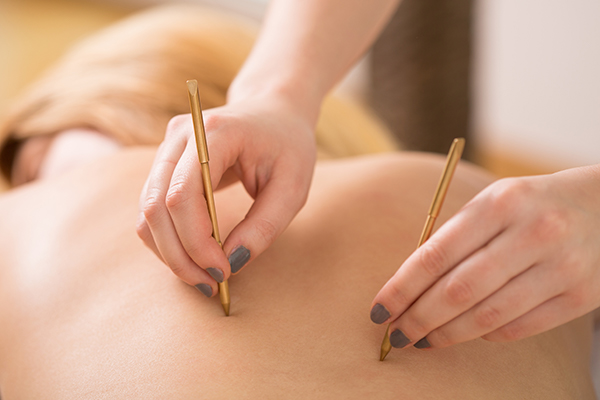
Eight Guiding Principles
Traditional Acupuncture vs First Aid Acupuncture
Traditional Clinical Practice of Acupuncture
Types of Acupuncture
Traditional Chinese Acupuncture (T.C.A.) Works by Stimulating QI Energy
Click the image to enlarge
According to T.C.A. theory, it is the vital force called Qi energy that controls the functioning of not only the main organs and systems of the body but also its mental, emotional and spiritual processes. Additionally, in traditional Chinese Acupuncture, our Qi energy circulates throughout the body along specific pathways, a system of pathways distinct from the nervous, circulatory and lymphatic systems. The main Qi pathways, or meridians, are associated with specific organs and physical, psychological and spiritual functions. For example, pathway VIII (the liver) is associated with liver function, ligaments and tendons, the eyes, the smooth movement of energy and blood, anger, planning, and hope. Some of the symptoms associated with its malfunction may include: muscular problems, menstrual and sleep disorders and symptoms along its path (the big toe, inside of the legs, the genitals, the underside of the rib cage, the eyes and ending at the crown of the head).
Restoration of Qi Energy
Understanding Qi Energy
Disharmony of Qi Energy Leads to Disease
Illness & The State of Your Health
How illness is described provides one of many indicators that can furnish useful information about the state of our health on all levels. In Chinese medicine, there is no separation between physical, emotional, mental and spiritual aspects. If an individual is continually grieving, there will be a manifestation of this grief on the physical level involving the lungs or the colon. Conversely, if there is disease in the lungs or colon, there may be an inappropriate expression of grief/loss or sadness.
Balancing Your Qi Energy
The practitioner of T.C.A. tailors treatment for each patient to best fit that individual’s physical, emotional, mental and spiritual needs. Because no two people are treated the same, even if their symptoms are similar, the focus of the treatment is the person, not the disease. Balancing Qi energy can enhance our well-being, our quality of life, and it can prevent or alleviate disease.
The traditional acupuncture practitioner, rather than “healing,” assists the inner self-regulating mechanisms which are responsible for restoring balance and health. It is through Qi energy, the integrative force, that the unity inherent in each of us can be reestablished.
Chinese Medicine vs Western Medicine
Traditional acupuncture or Chinese Medicine in general looks at function and its treatment tries to improve function. Western Medicine, on the other hand, looks at structure and observable organic changes. From the point of view of Western Medicine, acupuncture theoretical views (Qi energy, meridians, etc.) may be difficult to reconcile with biomedical information. But specifically, from medical research, it appears that the effects of acupuncture can best be explained by some sort of neurotransmitter mechanism that is linked to the release of endorphins by the brain and the body, those substances involved in analgesia, endocrinology, immunology and emotional well-being.

